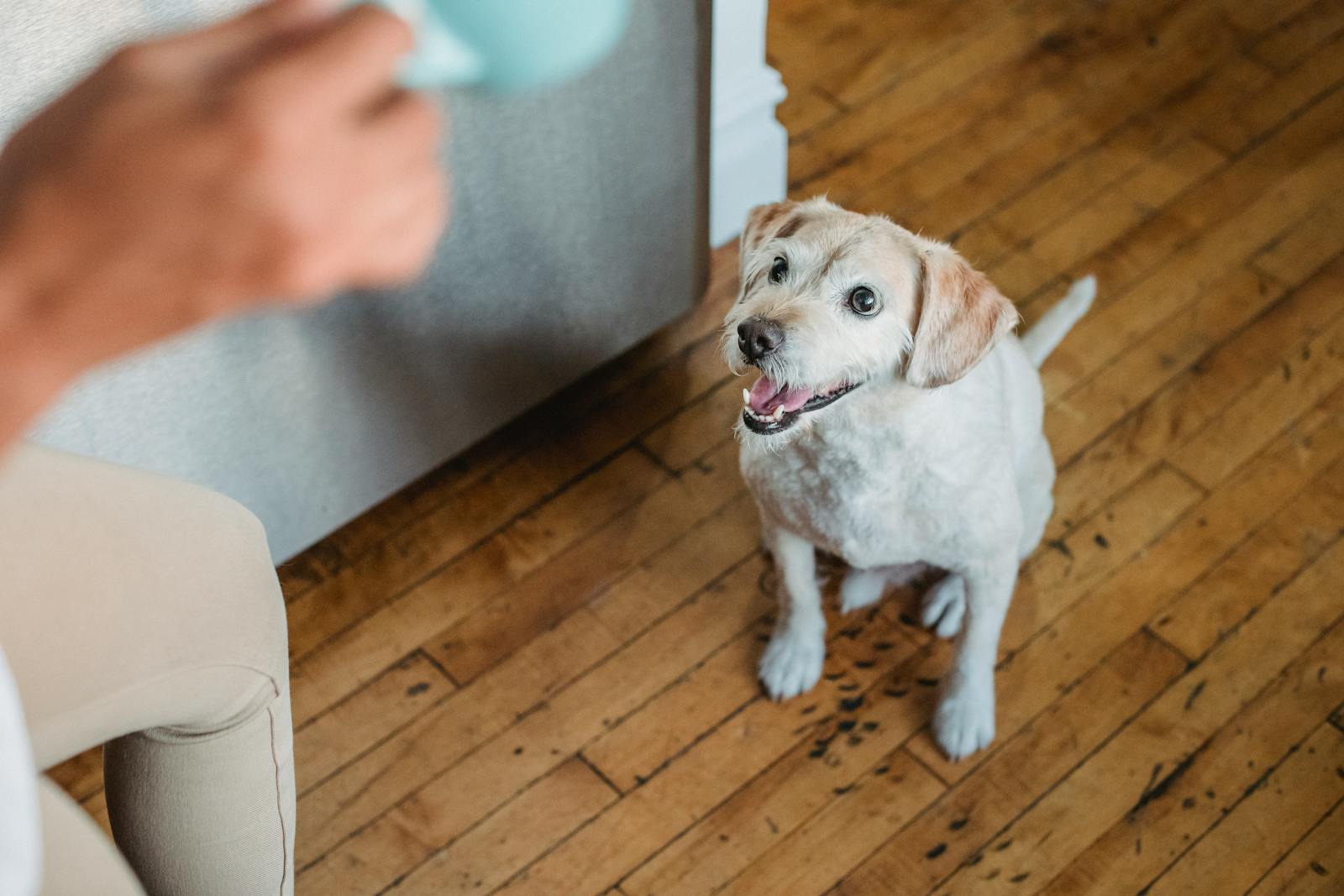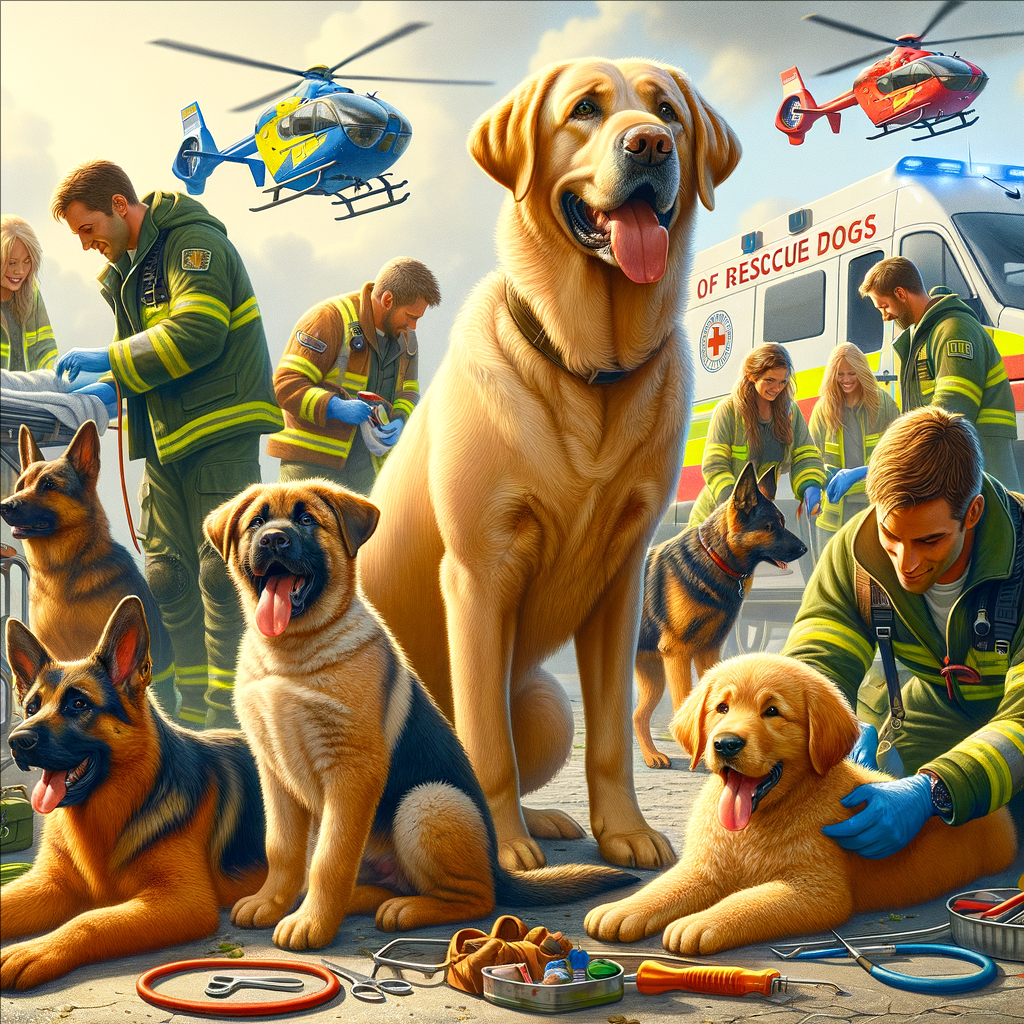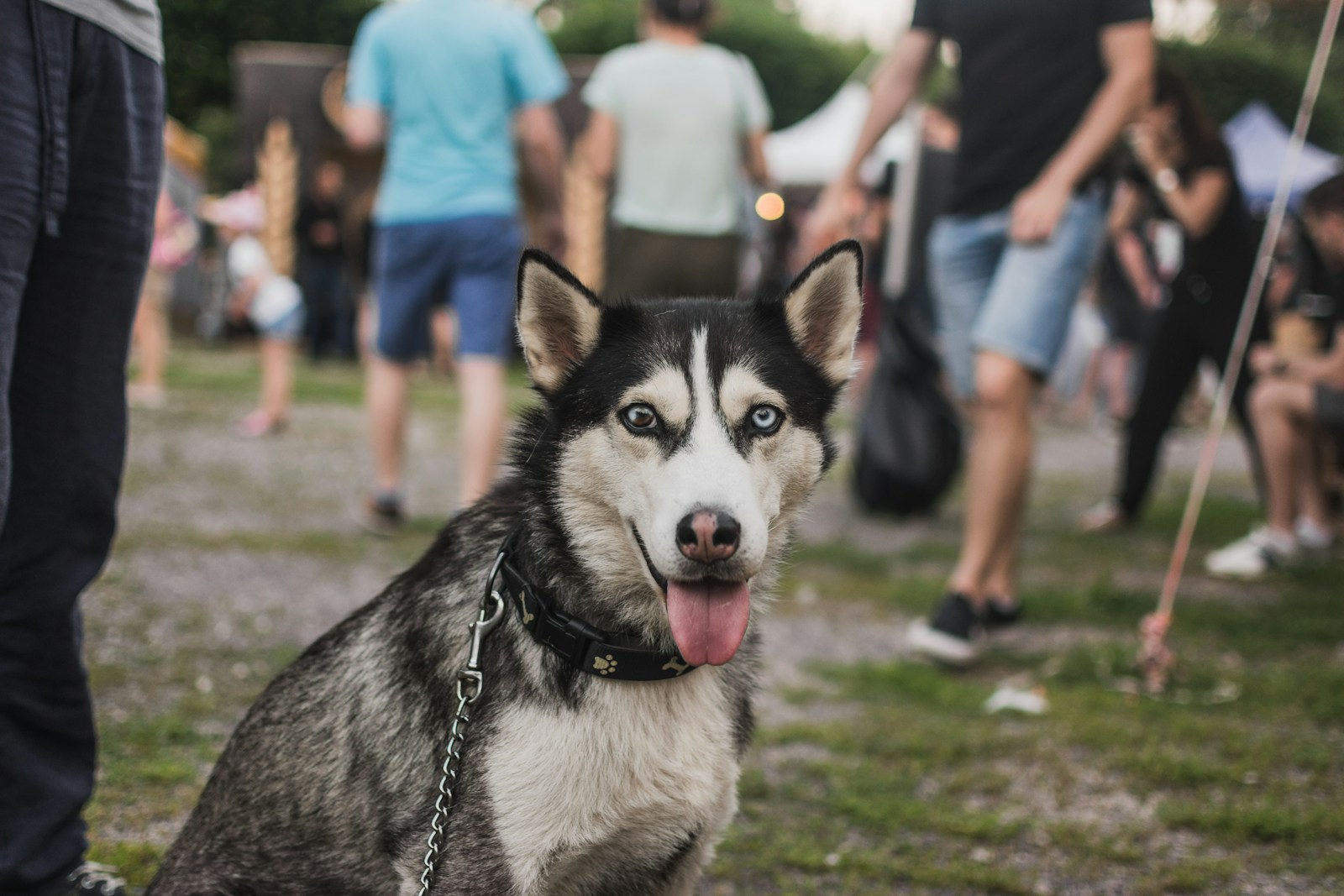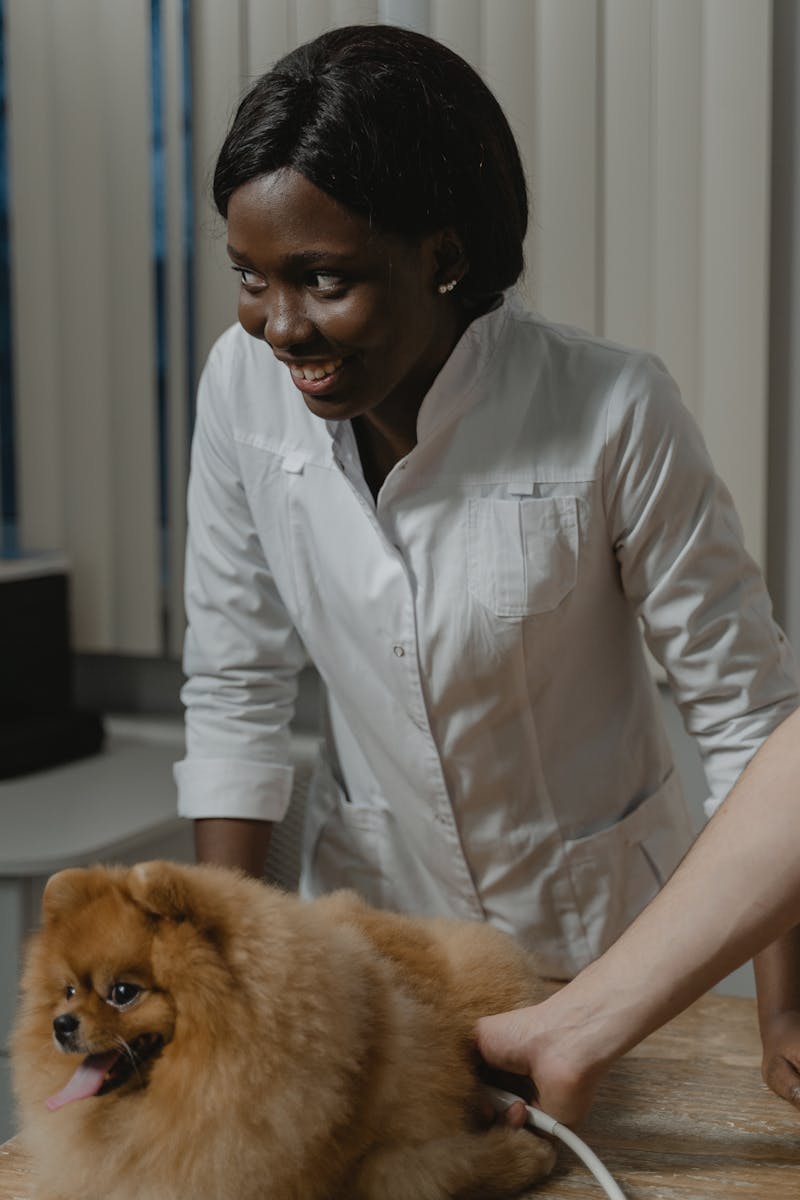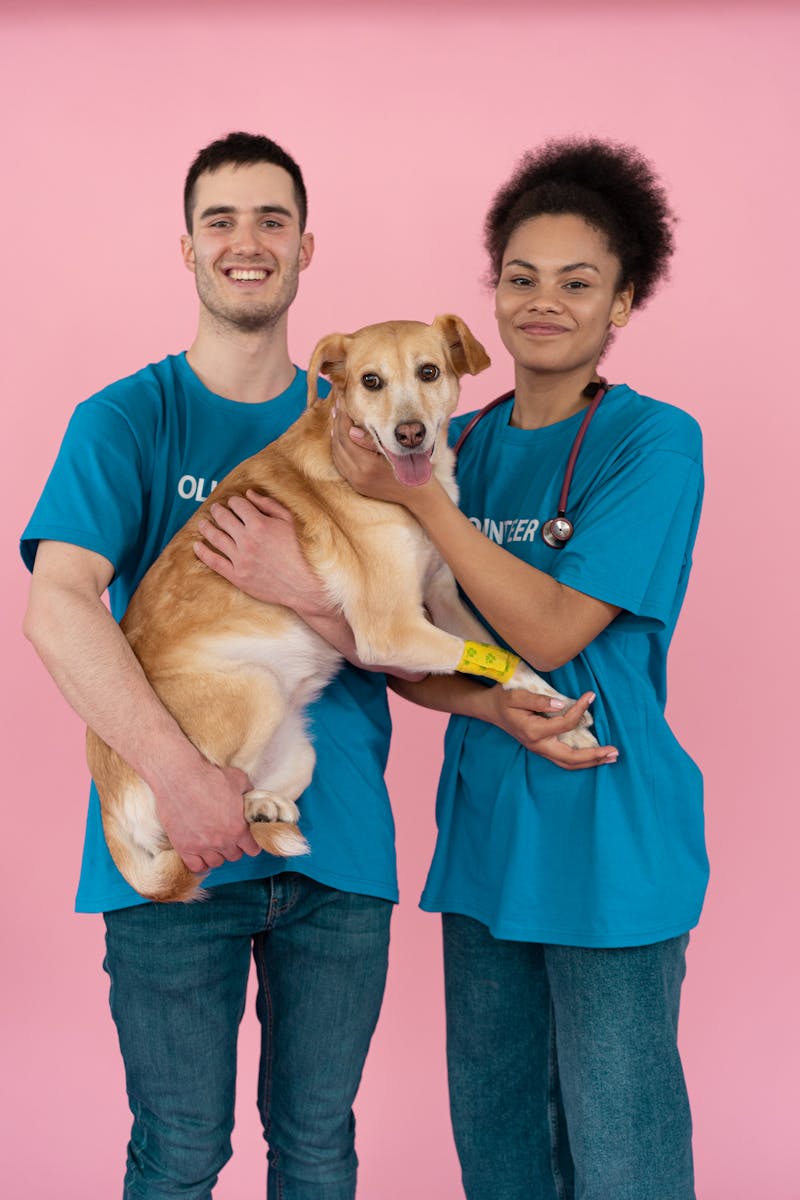Mastering Pet Socialization: Strategies for Fostering Canine Confidence
Mastering Pet Socialization: Effective Strategies for Fostering Canine Confidence and Enhancing Your Dog’s Social Skills Through Mastering Pet Socialization Techniques and Activities
Mastering Pet Socialization: Strategies for Fostering Canine Confidence
Understanding the importance of pet socialization is crucial for every dog owner. Mastering pet socialization: strategies for fostering canine confidence goes beyond mere exposure to other dogs and environments; it’s about nurturing a dog’s confidence and helping them develop vital social skills. With the right approach, you can ensure your canine companion thrives in various situations, enhancing their overall well-being and your relationship with them.
The Importance of Socialization for Dogs
Socialization is a fundamental aspect of puppy behavior and development. It covers a dog’s interactions with people, other dogs, and different environments. Proper socialization is essential for several reasons:
- Reduces fear and anxiety in new situations
- Encourages positive behaviors and decreases aggression
- Enhances your dog’s adaptability to various environments
Starting Early: The Best Time for Socialization
Timing is critical when it comes to mastering pet socialization. The critical socialization window for puppies occurs between 3 and 14 weeks of age. During this period, they are more receptive to new experiences, making it an ideal time to introduce them to:
- Different people and dogs
- Various sounds and sights
- Unusual textures and surfaces
However, socialization should continue throughout a dog’s life to reinforce their confidence and adaptability.
Effective Socialization Strategies
When it comes to mastering pet socialization, employing effective strategies is key. Here are several techniques to consider:
- Positive Reinforcement: Use treats and praise to reward your dog for calm behavior during social interactions.
- Controlled Introductions: Introduce your dog to other canines in a controlled environment, such as a dog training class.
- Frequent Outings: Take your dog on regular walks in different areas to expose them to new sights, sounds, and smells.
- Dog Parks: Utilize dog parks wisely, ensuring your dog is comfortable and plays with friendly dogs.
Recognizing Signs of Stress
As you embark on this journey of mastering pet socialization, it’s crucial to recognize signs of stress in your dog. Common indicators include:
- Excessive barking or growling
- Tail tucking or cowering
- Refusal to engage or retreating
Understanding these signals helps you adjust your approach and ensure your dog’s comfort, fostering a more positive experience.
Maintaining Consistency in Training
Consistency in training techniques is essential for fostering canine confidence. Use the same commands and methods, and ensure all family members are on the same page. Regular practice reinforces your dog’s social skills and builds their trust in you as their guide.
Building a Supportive Community
Engaging with other dog owners can provide valuable support and opportunities for socialization. Joining local dog clubs or online forums allows you to share experiences, seek advice, and arrange playdates for your dogs. This community can offer encouragement and additional resources for mastering pet socialization.
Conclusion
Mastering pet socialization: strategies for fostering canine confidence is a rewarding journey that enhances your dog’s social skills and strengthens your bond. By implementing effective techniques and recognizing your dog’s needs, you can create a safer, more confident environment for your furry friend. Unlock your dog’s potential and help them become a well-rounded member of society.
Keywords: pet socialization, canine confidence, dog training, mastering pet socialization, socialization strategies, puppy behavior, confident dogs, positive reinforcement, dog parks, canine interactions, mastering pet socialization, behavioral development, social skills, training techniques, dog owner tips
news via inbox
Nulla turp dis cursus. Integer liberos euismod pretium faucibua

